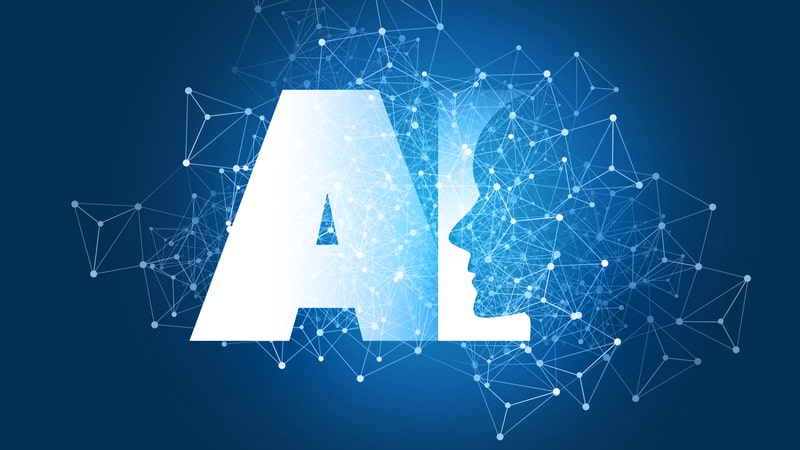
Sens. Gary Peters, D-Mich., and Rob Portman, R-Ohio, introduced a bill Oct. 21 that would look to better secure and protect the data that Federal contractors collect when using artificial intelligence (AI) and make clear that the government is the ultimate owner of contractor-collected AI data.
The Government Ownership and Oversight of Data in Artificial Intelligence Act, or GOOD AI Act, would direct the Director of the Office of Management and Budget (OMB) to establish an Artificial Intelligence Hygiene Working Group that would bring together experts from across the Federal government.
“While artificial intelligence applications have the potential to strengthen our national security, we must ensure data collected by this technology is secure, used appropriately, and does not compromise the privacy and rights of Americans,” Sen. Peters said in a statement. “This bipartisan bill will help ensure that federal contractors are using artificial intelligence properly and for the benefit of the country – and that the information collected through these technologies is not misused.”
With the rise of AI usage by Federal contractors in technologies like biometric data and facial recognition scans, Peters and Portman, the chair and ranking member of the Senate Homeland Security and Governmental Affairs Committee hope this bill creates a little more oversight of how this data is being protected.
The Artificial Intelligence Hygiene working group would bring together Federal experts in the field that the OMB Director would consult and work with to develop government AI services contracts that can require contractors to secure both the data and the systems. The working group would also look to build contract clauses that ensure that the Federal government ultimately owns the data collected by contractors using AI.
“It is important that the Federal government ensure that its AI systems are trustworthy and safe,” Sen. Portman said in the statement. “The bipartisan GOOD AI Act helps strengthen the accountability and security of federal AI systems, and I urge my colleagues to join us in supporting this common-sense legislation.”
